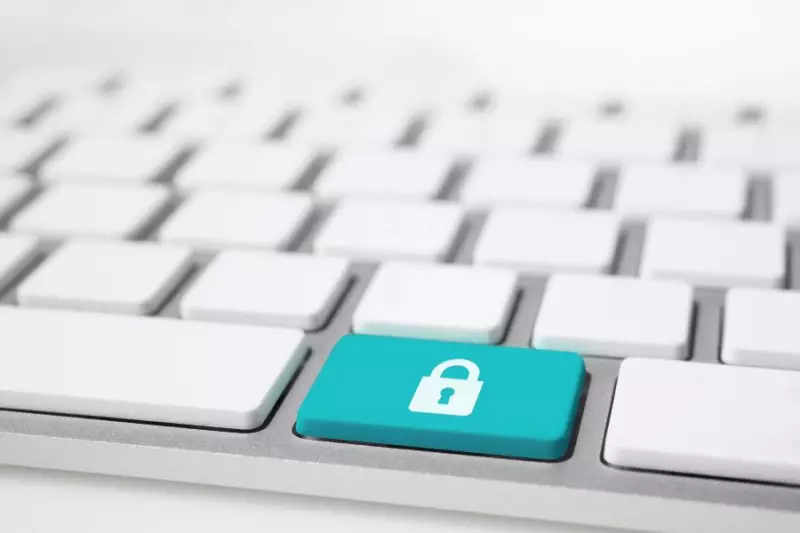How The DNC Hack Changed the 2016 Presidential Election Results
Table of Contents
- By David Lukic
- Published: Oct 12, 2020
- Last Updated: Nov 23, 2023
The Democratic National Committee (DNC) was hacked in 2015-2016 to affect the presidential election. The attacks were perpetrated by two Russian espionage groups “Fancy Bear” and “Cozy Bear.” Neither was aware of the other’s involvement or intrusion in the DNC servers. However, they both targeted and acquired the exact same data. One of the hacker groups used Mimikatz malware, X-Agent for taking screenshots and logging keystrokes, and X-Tunnel to extract massive amounts of data from DNC computers (70GB from the Clinton campaign servers and 300GB from DNC servers). To obfuscate the truth, an entity named Guccifer 2.0 took responsibility for the breach, but cyber experts proved that it was indeed the handiwork of Fancy Bear and Cozy Bear. Inflaming the situation further, a lot of the data breached was released on WikiLeaks. More than 20,000 private email conversations from the DNC were leaked within that data. Some of these embarrassing emails came directly from the Clinton campaign. Others implicated members of the DNC in a bias scandal.
The DNC Hack Timeline: When Was the DNC Hack?

The actual DNC Hack occurred sometime in 2015 and continued into 2016. In June of 2016, Crowdstrike and two other cybersecurity firms hired to analyze the security protocols of the DNC discovered the breach and closed the gap. The other two cybersecurity outfits, Fidelis Cybersecurity and Mandiant, confirmed the same breach information and that the source of the breach was two Russian hacker units, which is why it is also known as the Russian DNC hack. A professor at King’s College identified the malware with the same signature of attacks that hit the German Parliament in 2015, again confirming Russian involvement.
How did the Russian DNC Hack Affect the 2016 Presidential Election?
The leaked data that found its way to WikiLeaks exposed a distinct bias within the DNC against Bernie Sanders and support for Hillary Clinton, Wikileaks is well known for exposing several scandals around the globe. The hackers used phishing emails sent to dozens of members of the DNC and the Clinton campaign. The revealing details contained within the 20,000 emails prompted a resignation of the leader for the DNC and forced an apology to the Bernie Sanders campaign team since it played a huge role in the 2016 presidential election results. After the convention, numerous other staff members resigned. The DNC is supposed to remain neutral, but allegations stemming from the data breach indicated otherwise.
Other Far-Reaching Effects of The Russian DNC Hack

In December of 2016, the CIA declared that the objective of the Russian DNC hack was to ensure that Hillary Clinton was not elected president. The FBI, CIA and other intelligence officers waged an investigation in July of 2018. Robert Mueller, Special Counsel for the FBI indicted 12 Russian military intelligence agents who were identified as members of the Fancy Bear hacking group who also used the Guccifer 2.0 pseudonym to falsify information and cover up the incident of the DNC email hack.
What Information was Stolen During the DNC Email Hack
Along with personal email chains and computer files from 30 computers and many servers, the Russian hackers also got away with donor information, including names, social security numbers, credit card numbers, and even copies of bank checks. Unfortunately, this opens these people up for identity theft. Most were wealthy individuals, some with donations of up to $150,000. Copies of checks could be used to pilfer money from accounts just by using the routing number and account numbers. If you donated to the Democratic National Committee sometime during 2016, you would have been notified by the DNC about the hack. The steps to take to protect yourself would be:
-
Cancel the credit cards used.
-
Notify your bank and have your account numbers changed.
-
Freeze your credit so hackers could not open up accounts in your name.
-
Sign up for credit monitoring with a secure company like IDStrong.com.
-
Monitor all emails and look for scam or phishing emails.
What to Do to Protect Yourself Against Hackers and Thieves

The first thing Russian hackers did for the DNC email Hack which played a significant role in the 2016 presidential election results was to employ a major phishing attack with hundreds of emails to campaign and DNC members. Once they gained access to 25-30 computers, they were inside the network and could install various malware programs to do the rest. The best way to stay safe from this happening to you is:
-
Never open emails from someone you don’t know. Do not click on links in email or open attachments.
-
Always keep your computer updated with antivirus software and run scans often.
-
Update all your devices with the latest operating system and security patches.

















